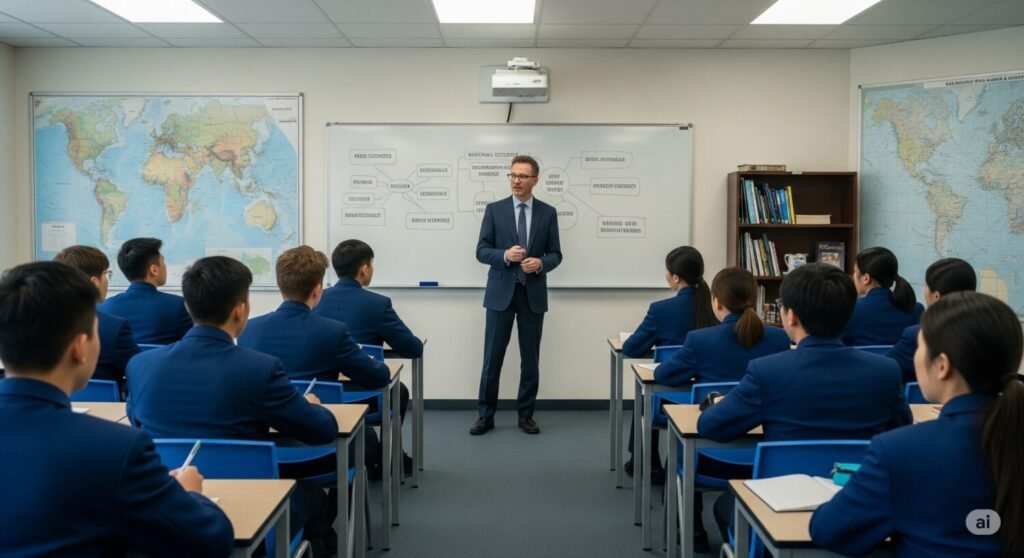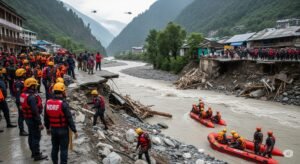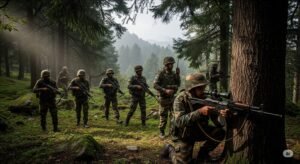In an increasingly interconnected world, understanding national security is more vital than ever. Schools are now stepping up to the plate, introducing comprehensive modules to educate young minds on how nations safeguard their interests and respond to threats. This proactive approach aims to equip students with a foundational understanding of defense strategies and diplomatic responses.
What is “Operation Sindoor”?
“Operation Sindoor” refers to a significant strategic military and diplomatic response by a nation to a terror attack. Specifically, it addresses a situation where a country retaliated against terror sites following a severe incident. This kind of operation highlights the intricate balance between military action and diplomatic efforts in protecting a nation’s citizens and borders. Furthermore, it showcases how different government branches work together during times of crisis.
A New Curriculum for Tomorrow’s Citizens
Educational bodies are developing a special classroom module focused on “Operation Sindoor.” This module is designed for students across various age groups, from elementary to high school. It’s an innovative step to introduce complex geopolitical concepts in an age-appropriate manner. Therefore, younger students might learn about the general idea of national defense, while older students will delve into the nuances of strategic responses and international relations.
The module is structured into two distinct parts:
- One section is tailored for students in classes 3 to 8, focusing on fundamental concepts.
- The second part is designed for classes 9 to 12, offering a more in-depth analysis of defense and diplomacy.
This layered approach ensures that the content is both accessible and challenging for all learners.
Why is This Module Important?
This educational initiative serves several crucial purposes. Firstly, it provides students with a realistic understanding of how nations respond to terror threats. Additionally, it emphasizes the critical roles of defense, diplomacy, and inter-ministerial coordination in maintaining national security. For instance, students will learn how different government departments, from defense to foreign affairs, collaborate to address complex challenges. Moreover, it encourages critical thinking about global events and a nation’s place within them.
The module also aims to foster a sense of civic responsibility and awareness among students. By understanding the complexities of national security, young people can become more informed and engaged citizens. Therefore, this curriculum is not just about history or current events; it’s about preparing the next generation to navigate a complex world.









